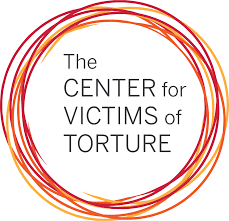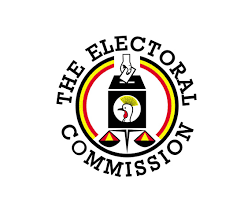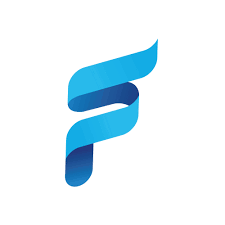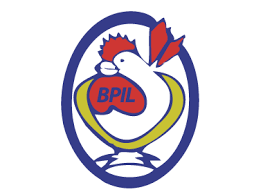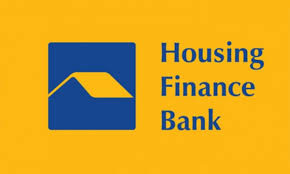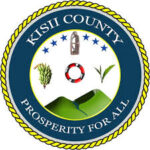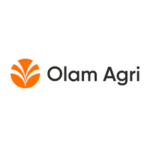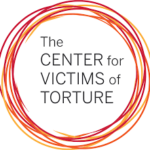
CVT is an international non-profit Organization dedicated to healing victims of torture. We provide direct care for those who have been tortured, train partners around the world who can prevent and treat torture, and advocate for human rights and an end to torture
CVT has conducted Therapeutic documentation interviews with survivors (Mothers of Children Born in Captivity, and Children Born in Captivity) in Gulu, Oyam, Pader districts to document the stories
This is in accordance with the projects Objective 3: To advance justice for Ugandan survivors of war through an integrated and empowering approach to addressing their holistic needs as survivors and change agents. Therapeutic documentation (TD) is an approach to strengthening ongoing documentation and TJ efforts through survivor engagement. TD includes 11 steps: engaging survivors, partnership development, planning documentation pathways, provision of mental health interventions, survivor-centered discussion and decision making, informed consent, therapeutic documentation interview, creating the documentation product, post-documentation support, survivor-centered utilization of information, and evaluation and follow-up. Many survivors are seeking justice from a collective lens; thus, families and communities may also experience positive outcomes as individual survivors use documentation for justice purposes that are meaningful to them. In addition, many potential pathways include survivors not just documenting their stories, but publicly communicating their stories to a broader and more diverse audience in the service of their own concept of justice. In other CVT locations, this has included creative documentation (which has included theatre, poetry, drawings, and public storytelling), journalistic documentation, advocacy documentation, and communication documentation, just to name a few pathways. This expands the impact of documentation to a larger community, facilitates the opportunity for broader societal level engagement, and lays the ground work for types of reconciliation that aren’t always well-served in a purely legal process. CVT will adapt its existing TD manual to fit the needs and priorities of Ugandan survivors.
Therapeutic documentation services aim to advance justice for Ugandans impacted by the LRA conflict through an integrated and empowering approach to justice by addressing their holistic needs and fostering an environment for them to become change agents. CVT’s Ugandan clients participating in mental health services can feel their healing journey is unfinished, and survivors express the need to seek reconciliation and justice with their families and communities. Each client will engage with relevant CSOs to seek justice that is meaningful.
Meaningful documentation pathways may include: written, audio, video, drawing/creative arts, or establishing personal boundaries for a survivor to reshare their story orally (i.e. for cultural ceremonies). This last option has been added due to Uganda’s low literacy rates and existing traditional cultural mechanisms, which often require individuals to appear before the community to orally share their story. Justice priorities were established through the survivor interviews and based on this information and feasibility the following pilot pathways were established: Individual/personal and family use, public media awareness, national level advocacy, family tracing and reintegration, and alternative justice mechanisms (e.g. mediation).
Expectations:
- Available from November to December to participate in writing of the survivor’s stories as per pathways selected as per the transcripts to develop a useable product for the utilization of the pathway.
- You will be required to sign confidentiality clause with CVT prior to the being hired for the engagement.
Requirements:
- The survivor stories and/or narratives have been transcribed and CVT is therefore looking for competent writers and graphics designer who can transform these transcribed interviews into individual personal stories that can be utilized by the interview participants for their preferred pathway for utilizing their stories amongst others; personal use for sharing with family, alternative justice options i.e. ADR—mediations purposes, family tracing and reunification, advocacy, and public media and awareness.
- Share your expression of interest clearly including your fees for the exercise.
- Share with us a copy or sample of your previous works as part of the recruitment process.
- At a later stage, as part of the recruitment, we shall have a pretest or mock process using samples of our transcripts to develop stories.
Note: Position is open to candidates who reside in and are eligible to work in Uganda.
How to Apply:
Interested applicants should submit a letter of expression of interest and 3 professional references to [email protected] including the role (Writer, Graphic Designer or both) in the subject line of your email. Applications will be accepted through November 8th, 2024.

